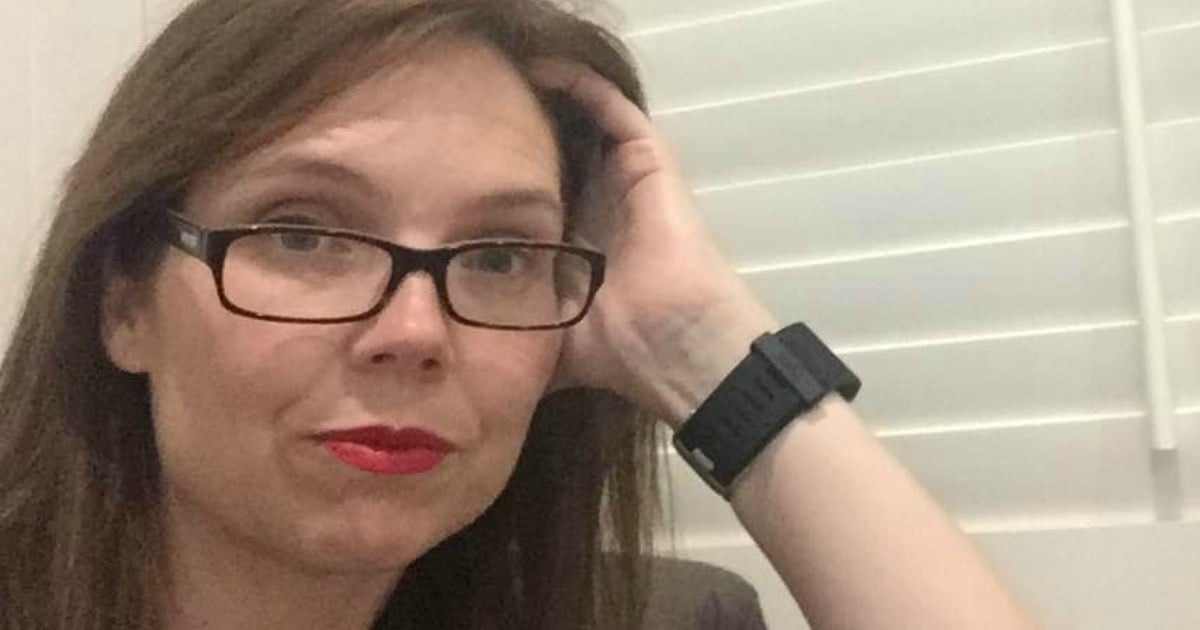I have a stock-standard answer that I give when people ask me – and they always ask me – how I survived the death of my daughter Georgie several years ago.
And it’s this: I was saved by friends and strangers; one lasagne at a time.
It’s true. In those early weeks and months when my strangled heart was so desperately heavy that it threatened to drag me below the waves – small kindnesses were my driftwood. Lasagnes appeared on my doorstep.
Cards and flowers and letters and homemade baby socks and Christmas decorations bearing my daughter’s name arrived in the mail.


Top Comments
I am not sure this thread is still active as most of the posts seem to be from 4 years ago. But if it is I'd like to ask a question. My former lawyer and I have struck up a dear friendship. I am the only ex-client that he has allowed to follow him on facebook and while I have never met or spoken to any of his family I know about them through what he posts on there. I haven't been on facebook for a long time so I haven't kept up with what was happening in his life. I talked to him today and found out that his wife and daughter were in an accident involving a drunk driver and one of his daughters was killed and his wife has been in the hospital and rehab since Oct 2017.
I will be sending cards to him and (separately) his wife. I was also thinking I might consider sending his other (10yr old) daughter one as well. If for no other reason than to let her know her grief is being acknowledged as well. I also am wondering if sending the family a birthday card on the deceased daughters birthday would be acceptable? I would also like to hear any thoughts on having a birthday cake delivered to celebrate her birth, as well as sending a small gift of some kind to the surviving daughter. Some kind of remembrance gift for her to keep or to place on the grave? Would either/or something like that be appropriate?
Thanks for any help.
All friends and family want to do in an awful situation like this is help, and often they don't know what to do. Trying to support parents caring for a sick child in hospital, we came up with a similar list of ways to help a friend in need of support on our blog. (http://www.cocooned.com.au/... )The ideas in the article above provide a wonderful resource and I hope it finds the people who need it.